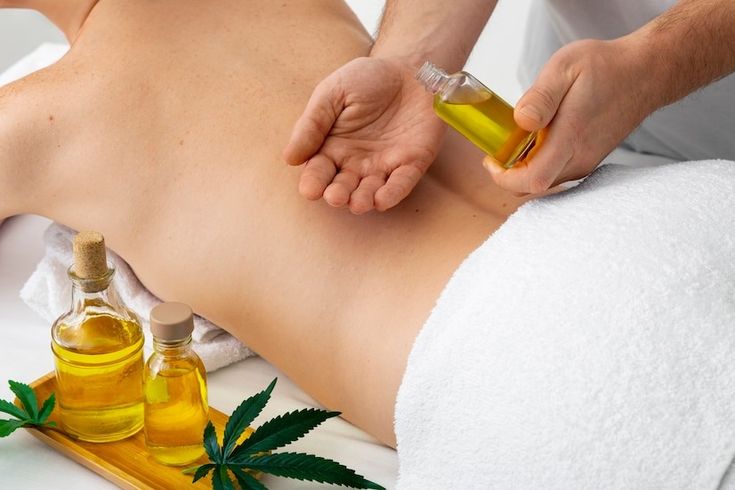
In Ayurveda, psoriasis is often linked to an imbalance of the doshas – Vata, Pitta, and Kapha – which are the fundamental bodily bio-elements. Predominantly, psoriasis is considered a manifestation of an imbalance in Vata and Kapha doshas, leading to the accumulation of toxins (ama) in the body. These imbalances disrupt the skin’s health, resulting in the characteristic dry, scaly patches of psoriasis.
Ayurvedic Treatment Principles for Psoriasis
1. Detoxification (Panchakarma)
Ayurveda emphasizes the importance of cleansing the body of accumulated toxins. Panchakarma, a series of detoxification procedures, is tailored to each individual’s needs, aiming to restore the balance of the doshas and purify the body, setting a solid foundation for healing.

2. Dietary Adjustments
Diet plays a crucial role in managing psoriasis from an Ayurvedic perspective. Foods that pacify the Vata and Kapha doshas are encouraged, including warm, cooked meals, and a plentiful intake of vegetables. Conversely, foods that can exacerbate dosha imbalances, such as dairy, processed foods, and cold beverages, are to be avoided.
3. Herbal Remedies
Ayurveda offers a wealth of herbal treatments that target psoriasis symptoms. Turmeric, renowned for its anti-inflammatory properties; neem, valued for its detoxifying effects; and aloe vera, celebrated for its soothing capabilities, are among the herbs commonly recommended for psoriasis patients.
4. Lifestyle and Stress Management
Stress is a known trigger for psoriasis flare-ups. Ayurvedic practices such as yoga, meditation, and pranayama (breath control techniques) are advocated to manage stress effectively and promote mental and emotional well-being.
5. Regular Exercise
Physical activity is encouraged to improve circulation and aid in the overall balance of the body’s energies. Gentle forms of exercise, such as walking or yoga, can be particularly beneficial for individuals with psoriasis.

Embarking on Your Ayurvedic Journey
Adopting an Ayurvedic approach to managing psoriasis involves a commitment to nurturing your health holistically. It’s a path that not only seeks to alleviate the physical symptoms of psoriasis but also aims to restore inner balance and wellness.
Consultation with an Ayurvedic Practitioner
Before beginning any Ayurvedic treatments, it’s essential to consult with a qualified practitioner. They can offer guidance tailored to your unique doshic constitution and health needs, ensuring a personalized and effective treatment plan.
Conclusion
Ayurveda presents a holistic path to managing psoriasis, emphasizing natural remedies, dietary and lifestyle adjustments, and stress management techniques. By focusing on restoring the body’s balance, Ayurvedic medicine offers a promising approach to alleviating psoriasis symptoms, enhancing overall well-being, and nurturing the body, mind, and spirit in harmony.


